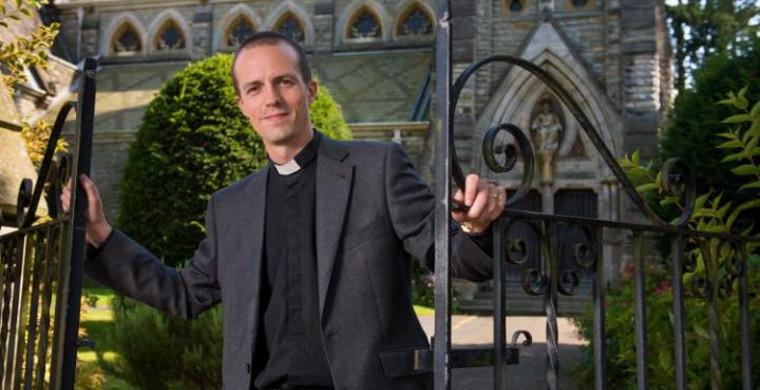Smaller churches are ones to spearhead a conservative Anglican breakaway
By Julian Mann
CONSERVATIVE WOMAN
www.conservativewoman.co.uk/
Sept. 25, 2016
Following the ReNew Conference of English conservative Anglicans in Leeds last week, it is worth considering the potential for radical action among the large churches leading the movement.
ReNew, whose first 'Shoulder to Shoulder' conference was in 2013, is a partnership between Reform and the Church Society, both evangelical networks within the Church of England, and the Anglican Mission in England outside the institutional structures.
With the leadership of the Church of England now seemingly unwilling to defend the biblical teaching that the only right context for the expression of sexual love is heterosexual marriage, are English conservative Anglicans capable of forming their own equivalent of the break-out Anglican Church in North America if faithfulness to the gospel so requires?
It is to be prayerfully hoped that all would be but it must not be assumed that every one of the large conservative suburban and university churches would be in the vanguard. The reason for this is perhaps difficult for overseas readers to understand. But it is to do with the institutional proclivities of the suburban English middle classes fuelled by boarding school education and the liberal Oxbridge ethos of the established professions.
Such institutionalism inclines to the status quo and could be why some of the sincerely Christian, courageous ministers currently leading these large churches might find it difficult to take their congregations with them out of the Church of England. Many of these churches have invested heavily in their buildings and have built up large staff teams. The cost of leaving could well be perceived as too high by the pillars of some of these larger churches.
So, such churches could well remain in the institutional Church of England even if services of same-sex blessing become widespread, continuing publicly to hold to conservative Christianity with the collusion of the liberal diocesan authorities. But this collusion itself carries a price tag. That is because the longer these churches stay in a corrupted denomination, the more susceptible they are to becoming like the institutional Church of England is now - officially holding to biblical teaching but abandoning it in practice.
Under this scenario, the established churches more likely to form a new orthodox Anglican Province in England could be the smaller, less affluent, less middle class congregations because they are less hampered by culturally stifling English institutionalism. If these small, financially strapped churches left the Church of England, many of their ministers could well have to go self-supporting, probably in low-paid work and would have to rent cheap living accommodation in their communities, finding local halls for their church meetings.
Under these circumstances, these ministers would be foolish to presume on the support of the large flagship churches. Such support could be unlikely for the institutional reasons suggested above but if so tempted the words of Psalm 146v3 would be crucial for these beleaguered ministers: 'Put not your trust in princes, nor in the son of man, in whom there is no help' (AV).
These ministers would need to look to the Lord Jesus Christ to sustain them, use the resources God has lovingly provided them with and ensure that they are properly and humbly accountable within their new Anglican Province.
Julian Mann is vicar of the Parish Church of the Ascension, Oughtibridge, South Yorkshire -www.oughtibridgechurch.org.uk














